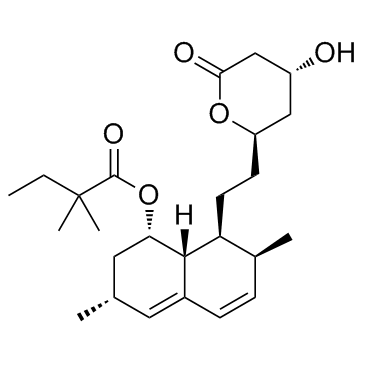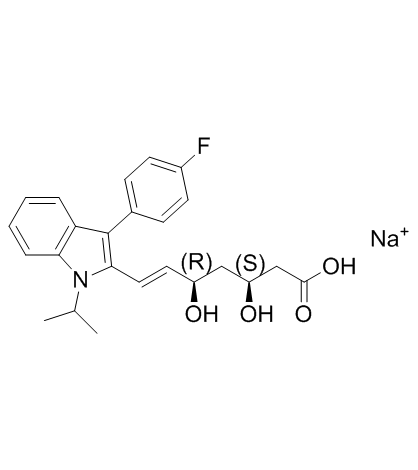| 结构式 | 名称/CAS号 | 全部文献 |
|---|---|---|
 |
辛伐他汀,斯伐他汀
CAS:79902-63-9 |
|
 |
氟伐他汀钠
CAS:93957-55-2 |
| 结构式 | 名称/CAS号 | 全部文献 |
|---|---|---|
 |
辛伐他汀,斯伐他汀
CAS:79902-63-9 |
|
 |
氟伐他汀钠
CAS:93957-55-2 |